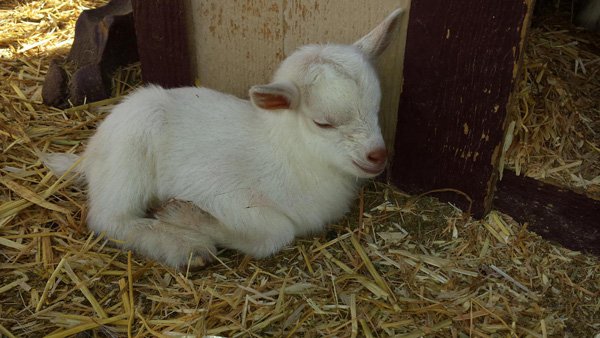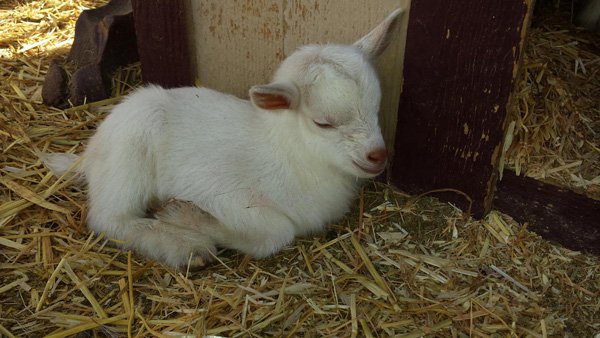
Horseback riding has grown as a long time favourite sport, and has just recently begun to become popular not just in the USA but all over the world, which is why using the correct rein contact is so important in riding. A rider's hands needs to guide, encourage - with alittle give and take without being hard or too strong. This is something riders should try. You may be delighted to see how quickly your horse will respond, as the reins are a means of communication. The reins must not be used to punish or to maintain a rider's balance. Just following that advice will certainly add benefits and a touch of adventure to your riding! Evidence of the growing popularity of horse riding is the availability of horses. There is knowledge and experience for anyone who is unfamiliar with this sport.
Nervous riders
It will not matter if you are not an expert at horse riding, because there is always a skilled rider who will be available to give a few horse riding tips to those who are completely inexperienced, but who want the thrill of riding and owning their own horse(s). As a learner, you may be afraid of being run away with the faster gaits; jumping can also cause you to become preoccupied with keeping the horse down to a reasonable speed for control, rather than developing fluidity and freedom. This can cause a nervous rider to pull on the reins subconsciously. There is also the fear of falling off, and this fear can be transmitted to the horse, often resulting in the horse refusing.
Under a nervous rider, a galloping horse will go faster, generally, because it senses the lack of control. The horse will get nervous itself, and will do what most frightened horses do - run away!
What You can do
Consider your abilities and genuine fears. You want to ride a horse and be professional like a Pro. You want to learn dressage riding - the set series of movements performed by dressage riders. There is no need to struggle on your own, without help, as this could result in you or the horse getting injured. Ride more suitable mounts under good instruction until you are more competent and confident. Get good quality help and instruction from people who have years of experience and know. Ride at a slow pace that you are happy with under instruction, from an understanding instructor. Once you follow the instructions and are confident you can progress on to the faster gaits.
You need to understand, through a good teacher, exactly what you are doing to stop the horse. You may badly want to do something, but are afraid of doing it, such as jumping or cantering or having a gallop in a wide, open space. You may be pulling back on the reins unconsciously, clinging and gripping - pulling back with your body? The epitome of fear could be the "foetal crouch", which you may be unaware of doing.
 Fibre, Grains And Fillers - What Does Your Dog Need?
Fibre, Grains And
Fibre, Grains And Fillers - What Does Your Dog Need?
Fibre, Grains And
 8 Great Home Remedies For Dogs
8 Great Home Reme
8 Great Home Remedies For Dogs
8 Great Home Reme
 Bed bug killer sprays- a convenient way of getting rid of bed bugs
Bed bug killer sprays- a convenient way of getting rid of
Bed bug killer sprays- a convenient way of getting rid of bed bugs
Bed bug killer sprays- a convenient way of getting rid of
 How to work for or open a dog boarding of your own?
How to work for or open a dog boarding of your own?
How to work for or open a dog boarding of your own?
How to work for or open a dog boarding of your own?
 Living With A Dog As A Contact Sport
Dog Ownership is a Hands-On Job
It never ceases to amaz
Living With A Dog As A Contact Sport
Dog Ownership is a Hands-On Job
It never ceases to amaz
Copyright © 2005-2016 Pet Information All Rights Reserved
Contact us: www162date@outlook.com